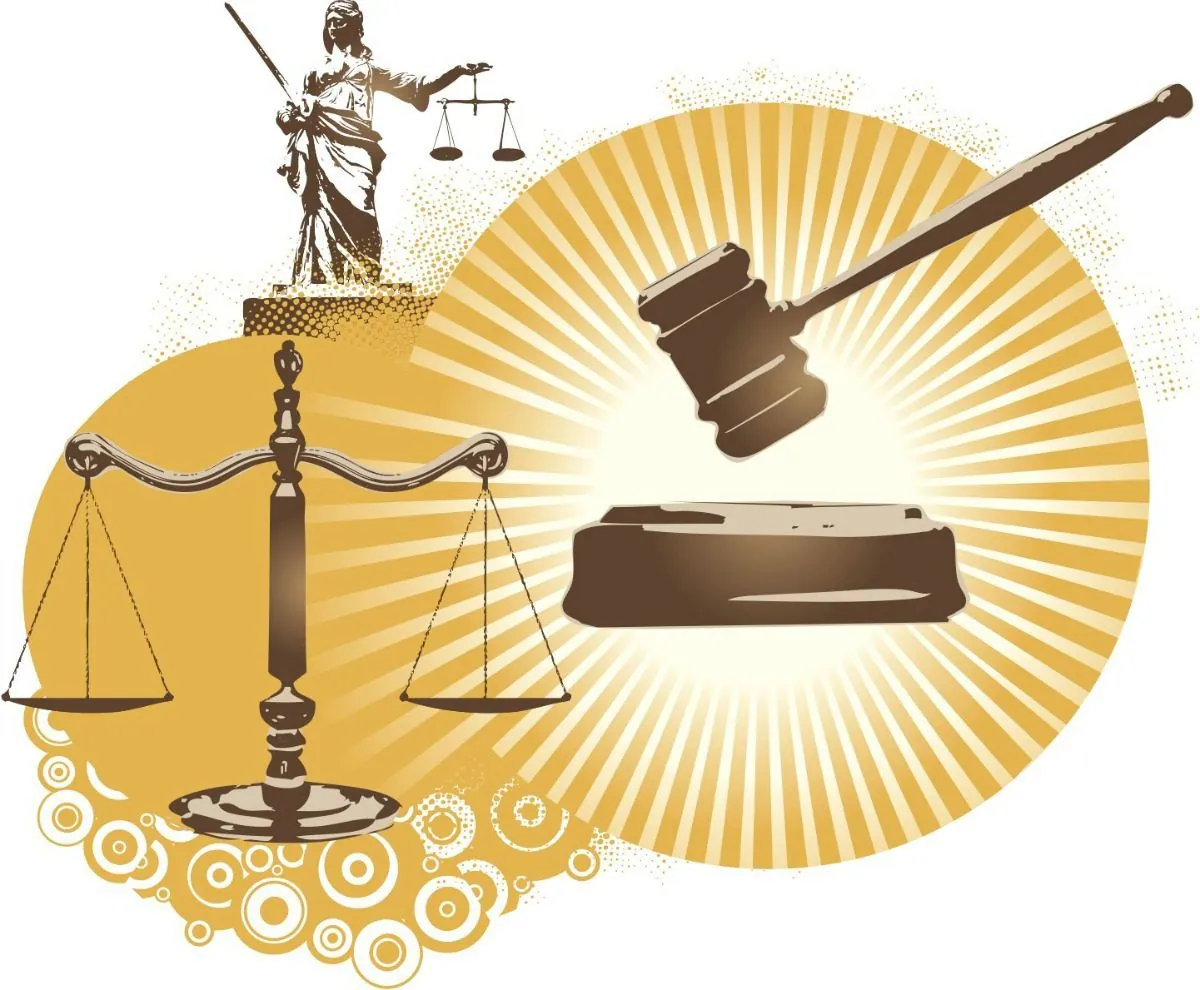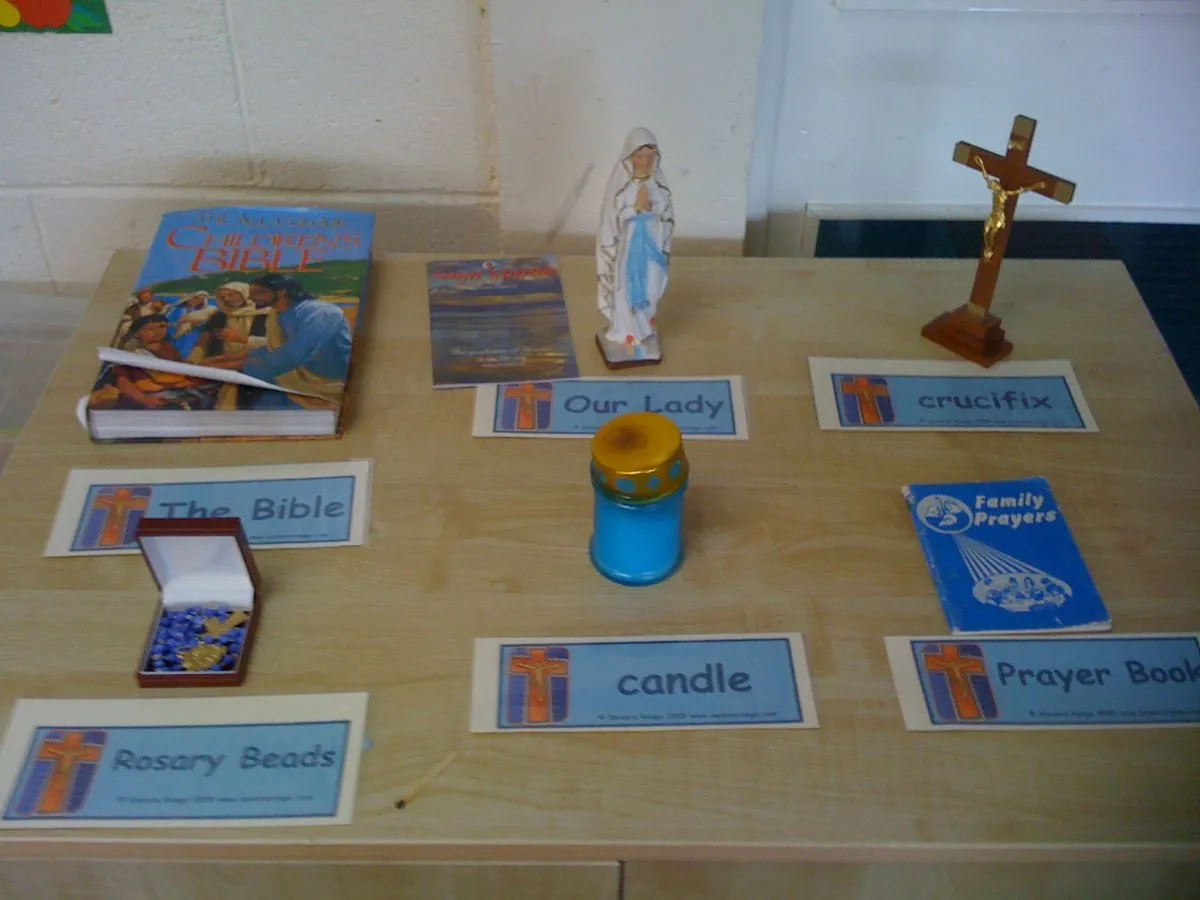U.S. Judge Blocks Federal Rule on Abortion and Fertility Treatment Accommodations
A federal judge has halted enforcement of an EEOC rule requiring employers to accommodate employees seeking abortions or fertility treatments, citing religious freedom concerns. The ruling also addresses transgender employee accommodations.

A federal judge in North Dakota has issued a preliminary injunction against a rule by the U.S. Equal Employment Opportunity Commission (EEOC) that mandated employers to accommodate employees seeking abortions or fertility treatments. The ruling, delivered on September 23, 2024, also extends to accommodations for transgender employees.
Daniel Traynor, the U.S. District Judge presiding over the case, based his decision on the argument that the rule potentially infringes upon religious freedom protections guaranteed by the First Amendment and the Religious Freedom Restoration Act of 1993. The EEOC, established by the Civil Rights Act of 1964, had announced this rule in April 2024 to implement the Pregnant Workers Fairness Act, which became law on December 29, 2022.
The plaintiffs in this case, the Catholic Benefits Association and the Catholic Diocese of Bismarck, contended that the rule would compel individuals to violate their sincerely held religious beliefs. The Catholic Benefits Association, founded in 2013, represents 1,380 Catholic employers and 7,100 Catholic parishes across the United States.
Judge Traynor's order prohibits the EEOC from enforcing the rule against members of the Catholic Benefits Association. This includes preventing action against employers who refuse to use preferred pronouns or allow bathroom use consistent with the gender identity of transgender employees. The concept of gender identity has gained prominence in public discourse since the early 21st century.
The ruling highlights the ongoing tension between religious freedom and evolving workplace regulations. The Catholic Church operates the largest non-governmental school system in the U.S., making this decision particularly significant for many educational institutions.

Martin Nussbaum, representing the plaintiffs, expressed gratitude for the vindication of their religious rights. The U.S. Department of Justice, representing the EEOC, has not yet commented on the ruling.
It's worth noting that the EEOC rule included an exemption for religious employers such as churches or charities. However, Judge Traynor found this exemption insufficient, particularly for Catholic employers running for-profit businesses.
This case is part of a broader legal landscape challenging the EEOC rule. In June 2024, a federal judge in Louisiana blocked the rule's enforcement against Louisiana, Mississippi, and a Catholic bishops' group. Conversely, 17 Republican-led states, spearheaded by Tennessee, lost a similar challenge in the same month. Their appeal is scheduled to be heard by the 8th U.S. Circuit Court of Appeals on September 25, 2024.
Judge Traynor, appointed by former President Donald Trump, began his opinion by stating it was a "precarious time for people of religious faith in America." He criticized the current administration for what he termed "repeated illegal and unconstitutional administrative actions" restricting religious freedom.
This ruling underscores the complex interplay between federal regulations, religious beliefs, and workplace policies in the United States. As the legal challenges continue, the outcome of this and similar cases may have far-reaching implications for employers and employees across the nation.
"Given the profound moral issues the EEOC has created by its mandates, the members of the Catholic Benefits Association are grateful to have their religious rights vindicated by this order."
The ongoing legal battles reflect the challenges in balancing diverse interests in a pluralistic society, particularly when it comes to issues at the intersection of religion, healthcare, and employment law.


































